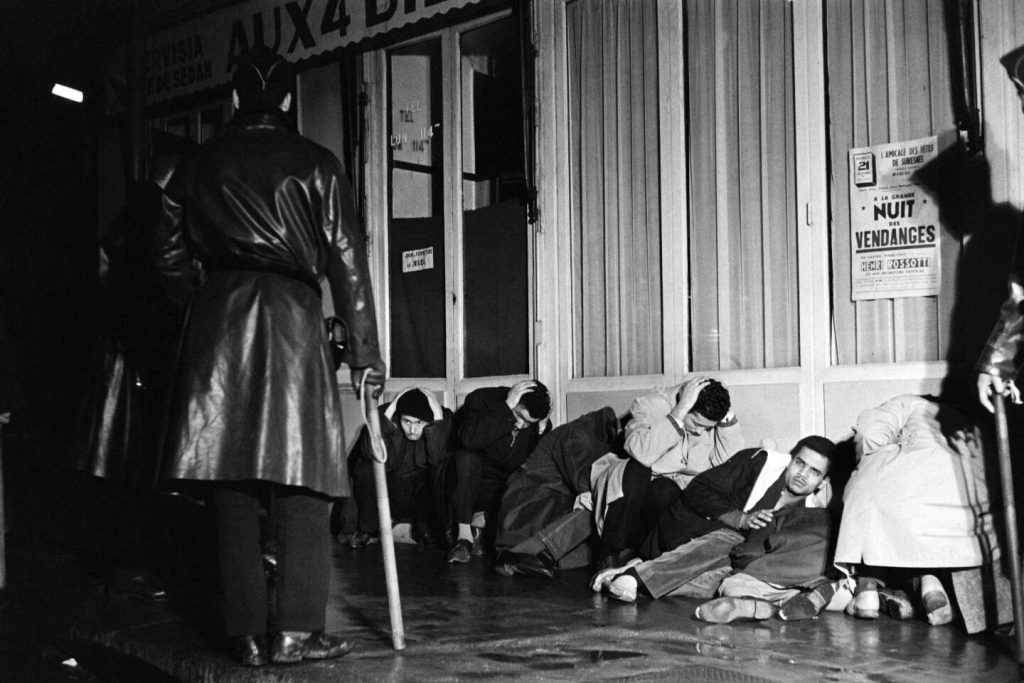The Rassemblement national (RN) has consistently held on to certain beliefs, such as nostalgia for French Algeria and a refusal to participate in any form of memorial reconciliation. This far-right party’s eleven deputies present at the National Assembly on March 28 all voted against a resolution aiming to “recognize” and “condemn” the massacre of Algerians on October 17, 1961, in Paris. They were the only ones to publicly oppose this resolution, which also called for a day of commemoration for the bloody police repression of a pro-FLN (National Liberation Front) gathering.
During the peaceful demonstration in Paris, where around 30,000 Algerians had gathered in defiance of the curfew imposed on “French Muslims from Algeria,” several dozen people lost their lives, many drowned in the Seine. Frank Giletti, speaking on behalf of the RN, criticized the resolution as a leftist initiative aimed at “destabilizing our country with lies,” accusing his opponents of unfairly blaming the police and excessively repenting towards Algeria. He portrayed the police, under the authority of the then police prefect Maurice Papon, as simply following orders during the banned gathering, dismissing it as a political maneuver.
This controversial vote by the RN in a sparsely populated parliamentary chamber, with only one abstention and 60 absences from the Republicans (LR), sparked backlash and strong responses from left-wing parliamentarians. Green Party member Sabrina Sebaihi accused the RN of wanting to erase Algerians from French history and labeled them as “revisionists unapologetic about history.” The resolution’s rapporteur also condemned the RN as nostalgic for French Algeria and perpetuating a racism that is unapologetic, outdated, and xenophobic.
The resolution on the commemorations of the 1961 massacre had been toned down in discussions with the Elysée, the French presidential palace, but still drew strong reactions from members of parliament. Communist deputy Elsa Faucillon lambasted the RN as nostalgic for French Algeria and perpetuating a racism that is unapologetic, outdated, and xenophobic. The debate in the National Assembly highlighted deep-seated views on France’s colonial past and the impact it continues to have on contemporary politics and societal divisions. The RN’s position on this resolution underscores their stance on historical memory and their refusal to engage in reconciliation efforts.


